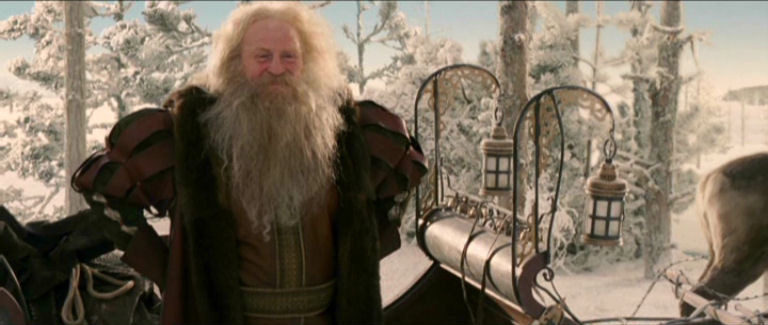Teaching Story Transitions 3: Start With Godâs Story
So far in this series, we have explored several donâts â discernment methods Christians often practice that are not based in Scripture. Part 1 and part 2 explored these:

- Drawing âfuzzy boundariesâ is not Biblical discernment. Parents and Christian leaders ultimately have no reasons besides âI said soâ to say one thing is good and another bad. Children, as they grow, may soon see right through these âstandards.â
- Having few to no boundaries at all is also not Biblical, and unhelpful to children.
- Both of these views are based on the false idea that children are basically good!
- By contrast, the Biblical motive for enjoying stories and media is instead to discern and enjoy such a story or creative work, for the glory of God and for our benefit.
How do we reject the false notions, and replace them with truth? With none other than the true âstoryâ that every Christian professes to believe and follow: the Scripture, Godâs Word.
Rejecting un-Biblical discernment
1. Protecting your childâs âinnocenceâ is a myth. In fact, protecting your children from outside evils, in an attempt to protect their âinnocence,â is not the gospel.
Your children are not innocent (Rom. 3:10-18, 23). Instead theyâre merely one decision away from gross and immoral sin. So why may we think theyâre âinnocentâ? Maybe because we don’t think lying and disobeying oneâs parents are as evil as God says (Rom. 1:29-31).
So beware the temptation to think of discernment in terms of âprotectionâ from outside evils. If you believe the Bible, evil desires have already infiltrated your childâs heart. You cannot protect your children from evil because they are already evil! You cannot save them from this evil world because you cannot save them from themselves. Even if you could protect them from sinful outside influences, you still cannot protect them from themselves.
The problem is not your children being exposed to evil, but that your children desire evil.
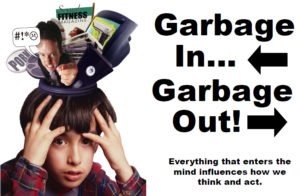
This is a common idea, but does it match Scriptureâs portrayal of sinâs real source in the human heart?
The problem is not that evil exists; the problem is we are evil. Yes, we also need protection from this evil world, but true protection is only through being reborn in Christ. Our minds must be renewed through the Spirit’s influence of the Word of God to our lives. We must be reborn in Christ (John 3:3), and our minds must be renewed by Godâs Word (Rom. 12:2).
As Christian parents, teachers, and leaders, we must realize that children are sinners. Thus, we must provide ways for children to see their need to submit to God through Christ, Scripture, and their conscience, so that regardless of what sins they encounter, they still have the tools to submit to God instead of succumbing to evil.
I have mentioned that Scripture is the key to discernment. Yet we must also admit that Godâs Word itself details many evils! Some are so perverted that even most unbelievers reject reading about them: necrophilia, bestiality, incest, orgies, rape, murder, etc.
So why does Godâs Word show them? To show our sin contrasted with our magnificent God, thus revealing our sin and sending us running to Jesus Christ for salvation.
Thus, should children of all ages be exposed to such evils in Scripture? The answer is not easy. Thatâs why Christian parents, teachers, and leaders must first themselves practice discernment. Of course, we will likely not always agree on when, for example, an eight-year-old should read a chapter like Judges 19 (although if you have given him a Bible, and he is a boy, chances are he has already found it!). Thatâs why what follows is my opinion as a Christian pastor, husband, and father. My words also must be compared with Scripture.
2. Parents may choose when to expose his or her children to various evils in Scripture, but if you wait too long, your surrounding culture(s) will choose for you.
As parents and Christian leaders, we must constantly examine and discern our cultures. Based on those, we can anticipate when our children will be exposed to various evils, and teach them how to practice Christian discernment, as preemptive strikes.
For example, recently in my churchâs van, an eight-year-old boy asked me an inappropriate question about something he heard in a movie. Because of the constant barrage of media all around us, this kind of situation is already inevitable. That chance is more than doubled if your children spent time around older children, or especially children whose parents do not practice discernment. They will be exposed to various evils sooner than you want!
Thatâs why you must anticipate this exposure. You must be active to teach your children a Biblical worldview, before inevitable other cultures teach them an un-Biblical worldview.
Replacing with Biblical discernment
 That sounds wonderful. Most of you are by now agreeing. But if youâre a parent, you may be asking how that works. How do parents know at what pace to move for the sake of their children? From the 12-year-old who seem unfazed by written violence and perhaps should be more worried about it, to the six-year-old who would have nightmares about cartoons?
That sounds wonderful. Most of you are by now agreeing. But if youâre a parent, you may be asking how that works. How do parents know at what pace to move for the sake of their children? From the 12-year-old who seem unfazed by written violence and perhaps should be more worried about it, to the six-year-old who would have nightmares about cartoons?
We certainly canât claim this process will be the same for every family and every growing and maturing child. But we can suggest some general guiding principles.
That brings us back to a concept introduced at the end of this seriesâ part 1. It is also the beginning of how we may think more positively, replacing the bad discernment principles and practices we may have absorbed from our cultures with good and Biblical ones.
3. To grow in discernment, we must teach children the entire true Story of Scripture.
Because this is a lifelong process, we need to provide our children with a basic summary of Scripture, a foundation upon which to build their entire view of God, His creation, and man. In other words, we must train them to answer man’s basic worldview questions.
Nancy Pearcey, author of Total Truth and tutor at Rivendell Sanctuary, lists three worldview subjects that all humanity examines, questions, and answers:
- Creation: How did it all begin? Where did we come from?
- Fall: What went wrong? What is the source of evil and suffering?
- Redemption: What can we do about it? How can the world be set right again?
Almost every movie, TV show, song, or book seeks to answer at least one of the above questions. Many try to answer all of them. Your or your childrenâs friends, family, and acquaintances also seek to answer at least one of these questions.
Of course, the problem is that most of these stories and real-life people come up with very wrong answers, or even worse, some wrong answers and some right answers! Thatâs why discernment is essential for Christians to live in our evil age, where wickedness and lies are placed side-by-side and interlaced with truth.
For the Christian, there is only one sure Word that answers these questions â the true and first Story that God, the ultimate Storyteller, has written. According to Scripture:
- Creation: The only God who exists created all things, including you, for His own glory (Gen. 1; especially Gen. 1:26; Col. 1:16-17).
- Fall: Adam and Eve sinned against God, and all creation including humanity fell into sin (Gen. 3; Rom. 3:10-23; Rom. 8:20-22). Thus, all humans are sinners, which means that we are what is wrong with the world (Rom. 3:23; Gal. 3:22).
- Redemption: God the Son incarnate, Jesus Christ, came to earth to fix what Adam messed up. Jesus Christ â through His life, death, and resurrection â is the only answer for the sin problem (Rom. 8:1-39;Â John 14:6).
To enjoy God through all stories, we must take captive all ideas to Christ. We must destroy all the evil ideas the world exalts, for the Godâs knowledge to reign supreme (2 Cor. 10:5).
Thus, instead of âhelpingâ your children by sheltering them, truly help them by teaching them a Biblical view of the world upon which to build their lives. Though the world parades its wrong answers, if you help your children answer manâs basic worldview questions with Scripture, they will be able to grow in discerning the difference between truth and lies.
On the other hand, if you keep believing the myths that children are âinnocentâ or that they can be sheltered and kept âuncorruptedâ by the world, you will not provide them with the necessary Biblical worldview so they may learn to live Godly lives in an evil age. You must discern what the world tells your children about who humans are, whatâs wrong with the world, and how to fix it, so that you can then teach your children how these lies disagree with Godâs true answers (Deut. 6:5-7). Our children will then be able to remain distinctly Christian in spite of living in a progressively unchristian world.
Much of this takes a monumental education effort â sometimes a literal education. In part 4, weâll explore how one education method, classical education, may offer parents guidance.
































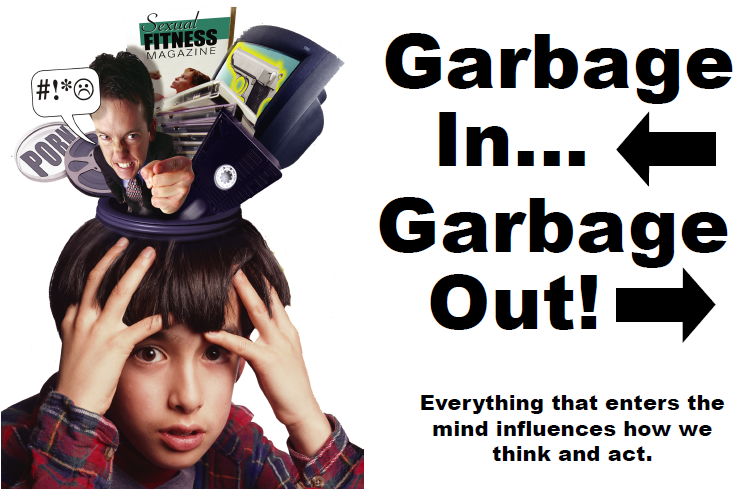


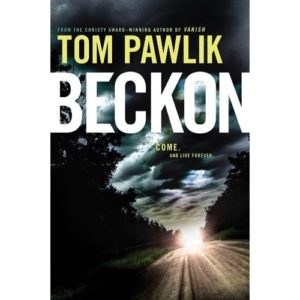



 This is from C.S. Lewis in his nonfiction book Mere Christianity: âGod is the only comfort, He is also the supreme terror: the thing we most need and the thing we most want to hide from. He is our only possible ally, and we have made ourselves His enemies. Some people talk as if meeting the gaze of absolute goodness would be fun. They need to think again. They are still only playing with religion.â Do we sometimes âplay with religionâ and not consider the truth that Christ is âroyal, solemn, overwhelming,â making us fear?
This is from C.S. Lewis in his nonfiction book Mere Christianity: âGod is the only comfort, He is also the supreme terror: the thing we most need and the thing we most want to hide from. He is our only possible ally, and we have made ourselves His enemies. Some people talk as if meeting the gaze of absolute goodness would be fun. They need to think again. They are still only playing with religion.â Do we sometimes âplay with religionâ and not consider the truth that Christ is âroyal, solemn, overwhelming,â making us fear?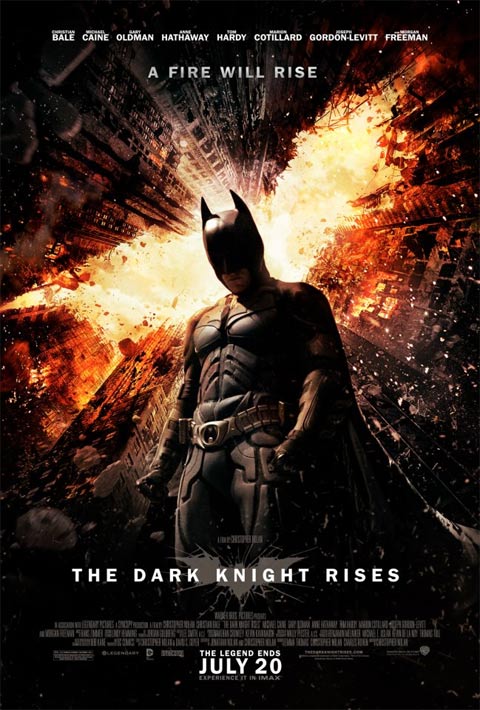
 Christians have had mixed reactions to superhero films in general, and The Dark Knight (TDK) films in particular. Many reviewers praised the first film, Batman Begins (2005), for its view of revenge versus real justice. Yet they werenât sure what to make of the darkness.
Christians have had mixed reactions to superhero films in general, and The Dark Knight (TDK) films in particular. Many reviewers praised the first film, Batman Begins (2005), for its view of revenge versus real justice. Yet they werenât sure what to make of the darkness. If youâve seen the film, you know why you are smiling right now. You will recall The Joker tells at least two different versions of his âorigins story.â Heâs about to tell a third to Batman before the hero finally one-ups the villain. Which one is real? Thatâs the point â he makes it up. Perhaps Ebert was out refilling on popcorn during the Jokerâs next two âtestimonies.â
If youâve seen the film, you know why you are smiling right now. You will recall The Joker tells at least two different versions of his âorigins story.â Heâs about to tell a third to Batman before the hero finally one-ups the villain. Which one is real? Thatâs the point â he makes it up. Perhaps Ebert was out refilling on popcorn during the Jokerâs next two âtestimonies.â



 Beneath this current of shifting tastes in speculative fiction, the audience for traditional fantasy remains. You can always count on finding new books about sword-slingers, and authors can reliably count on encountering an audience for such stories. But what is it about the image of the sword in particular that endures so long beyond a time when the weapon has become little more than a collectorâs item?
Beneath this current of shifting tastes in speculative fiction, the audience for traditional fantasy remains. You can always count on finding new books about sword-slingers, and authors can reliably count on encountering an audience for such stories. But what is it about the image of the sword in particular that endures so long beyond a time when the weapon has become little more than a collectorâs item? I believe fantasy readers long for the nobility, the bravery, the ownership of oneâs actions a well-wielded sword requires. Fantasy is one of the few places in the literary world where clear delineations between good and evil get the spotlight, and in a similar way, a swordsman who fights in an underhanded way can only do so if he dares cheat within bladeâs reach of the opponent he wrongs.
I believe fantasy readers long for the nobility, the bravery, the ownership of oneâs actions a well-wielded sword requires. Fantasy is one of the few places in the literary world where clear delineations between good and evil get the spotlight, and in a similar way, a swordsman who fights in an underhanded way can only do so if he dares cheat within bladeâs reach of the opponent he wrongs.